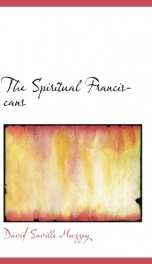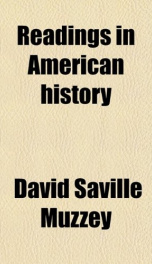thomas jefferson

Purchase of this book includes free trial access to www.million-books.com where you can read more than a million books for free. This is an OCR edition with typos. Excerpt from book: CHAPTER III THE REFORM OF THE VIRGINIA CODE The Gothic idea that we are to look backwards instead of forwards for the improvement of the human mind, and to recur to the annals of our ancestors for what is most perfect in government, in religion, and in learning, is worthy of those bigots in religion and government by whom it has been recommended, and whose purpose it would answer. (Jefferson to Joseph Priestley, January 27, 1800.) "liberty and union, now and forever, one and inseparable!" Since Daniel Webster pronounced the marriage banns between liberty and union, and Abraham Lincoln stopped the action for divorce, the tie has remained consecrated and inviolable in our American democracy. But Liberty was a jealous maiden, needing many years of wooing before she would consent to Union, and dwelling long even after her grudging consent was given on the fear of "losing her freedom." It was liberty, not union, for which our fathers fought in the Revolution. Union was the necessary means, for unless the patriots of Massachusetts and Virginia, of Pennsylvania and Georgia, made common cause, they could not hope to win. But the union was only the sum of its parts, a federation, and the Congress a central board of direction, without any specified powers or sanctioned authority, until a few months before theBritish surrender at Yorktown. Even for eight years afterward it was without the fundamental sovereign rights of taxation and executive authority. There was no national government during the American Revolution and the "critical period" which followed, but only a national committee convened by the governments of the States. There was no supreme national state, but only a consensus of the States. If Congress actually assumed great powers, raised and equipped armies, declared in...
Info about the book
Author:
Series:
Unknown
ISBN:
0195395964
Rating:
3.5/5 (5)Your rating:
0/5
Languge:
English
Users who have this book
Users who want this book
What readers are saying
What do you think? Write your own comment on this book!
write a commentif you like thomas jefferson try:
Do you want to exchange books? It’s EASY!
Get registered and find other users who want to give their favourite books to good hands!




